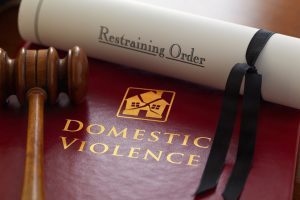 One Fake Image, Real Handcuffs
One Fake Image, Real Handcuffs
It takes seconds to make a convincing AI “nude.” It takes even less time for it to spin out of control — an angry ex, a group chat, a manager who sees it, and suddenly you’re under investigation. In Public Act 25-168 (2025) — effective October 1, 2025 — Connecticut created the crime of “unlawful dissemination of an intimate synthetically created image.” Police and prosecutors now have explicit authority to arrest first and sort out the tech later. Here’s what the law targets, how these cases really start, and how I defend them.
 Connecticut Criminal Lawyer Blog
Connecticut Criminal Lawyer Blog














 Using a Tracker to Shadow Someone
Using a Tracker to Shadow Someone  Why
Why 







